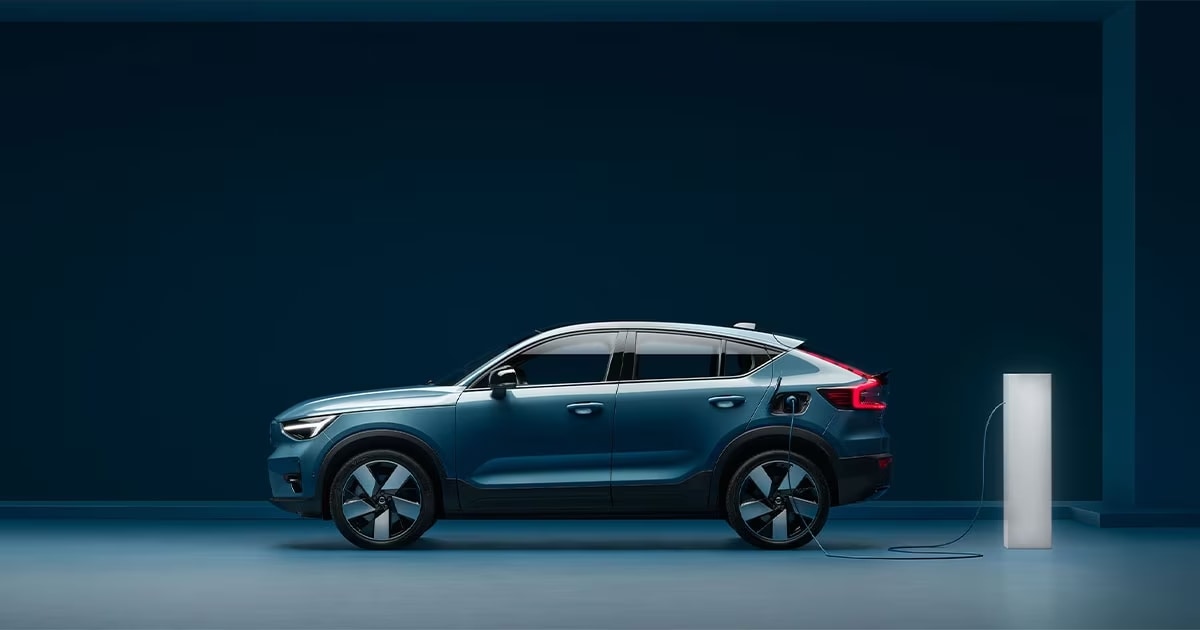
The automotive industry is in the midst of a revolution, and electric vehicles (EVs) are at the forefront of this transformation. As concerns about environmental sustainability and advancements in battery technology continue to grow, EVs are shaping the future of car technology in profound ways. In this guide, we'll explore how electric vehicles are leading the charge in redefining the automotive landscape and what this means for the future of transportation.
The Rise of Electric Vehicles
Electric vehicles have gained immense popularity for several compelling reasons:
-
Environmental Benefits: EVs produce zero tailpipe emissions, reducing air pollution and greenhouse gas emissions, and contributing to a cleaner environment.
-
Lower Operating Costs: EVs are more energy-efficient, with lower maintenance and fuel costs compared to traditional internal combustion engine (ICE) vehicles.
-
Technological Advancements: EVs have driven innovation in battery technology, with improved range and faster charging times.
-
Government Initiatives: Many governments around the world offer incentives and subsidies to encourage EV adoption, making them more accessible to consumers.
Impact on Car Technology
The widespread adoption of EVs has led to significant advancements in car technology:
1. Battery Technology
EVs have driven innovation in battery technology, resulting in higher energy density, faster charging, and longer-range
capabilities. As battery technology continues to improve, it will impact other sectors, including renewable energy storage and portable electronics.
2. Charging Infrastructure
The growth of EVs has spurred the development of charging infrastructure, with charging stations becoming more accessible and widespread. Fast-charging networks are also expanding, reducing charging times and enhancing convenience for EV owners.
3. Autonomous Driving
EVs are often equipped with advanced driver assistance systems (ADAS) that are integral to self-driving technology. The development of autonomous vehicles is closely tied to the proliferation of EVs.
4. Infotainment and Connectivity
Electric vehicles often come equipped with state-of-the-art infotainment systems, offering connectivity and smart features that enhance the driving experience.
Future of Transportation
The impact of EVs goes beyond technology; it's transforming the way we think about transportation:
-
Sustainable Mobility: EVs are a key component of sustainable transportation, reducing our reliance on fossil fuels and promoting a greener future.
-
Urban Planning: The rise of EVs is influencing urban planning, with cities working to create EV-friendly infrastructure, including charging stations and incentives for electric mobility.
-
Ride-sharing and Autonomous Fleets: The future may see electric, autonomous ride-sharing fleets that reduce the need for personal vehicle ownership.
-
Energy Integration: EVs can serve as mobile energy storage units, contributing to grid stability and supporting renewable energy integration.
Call to Action: Embrace the Electric Future
Now that you've explored how EVs are shaping the future of car technology and transportation, it's time to take action:
-
Consider Electric: Explore electric vehicle options when purchasing your next car, considering the environmental and cost-saving benefits.
-
Stay Informed: Keep up-to-date with EV advancements and charging infrastructure developments in your area.
-
Advocate for Sustainable Transportation: Support initiatives that promote sustainable transportation and renewable energy integration.
-
Explore Autonomous Driving: Stay informed about autonomous driving technologies and how they may impact your daily commute.
By actively engaging with these steps and making informed decisions, you can be part of the electric vehicle revolution, contributing to a more sustainable, technologically advanced, and efficient future of transportation.
The electric future is here, and it's full of promise. Start your journey towards sustainable and advanced transportation today, and soon you'll be on the road to a more environmentally friendly, technologically rich, and efficient way of getting around.